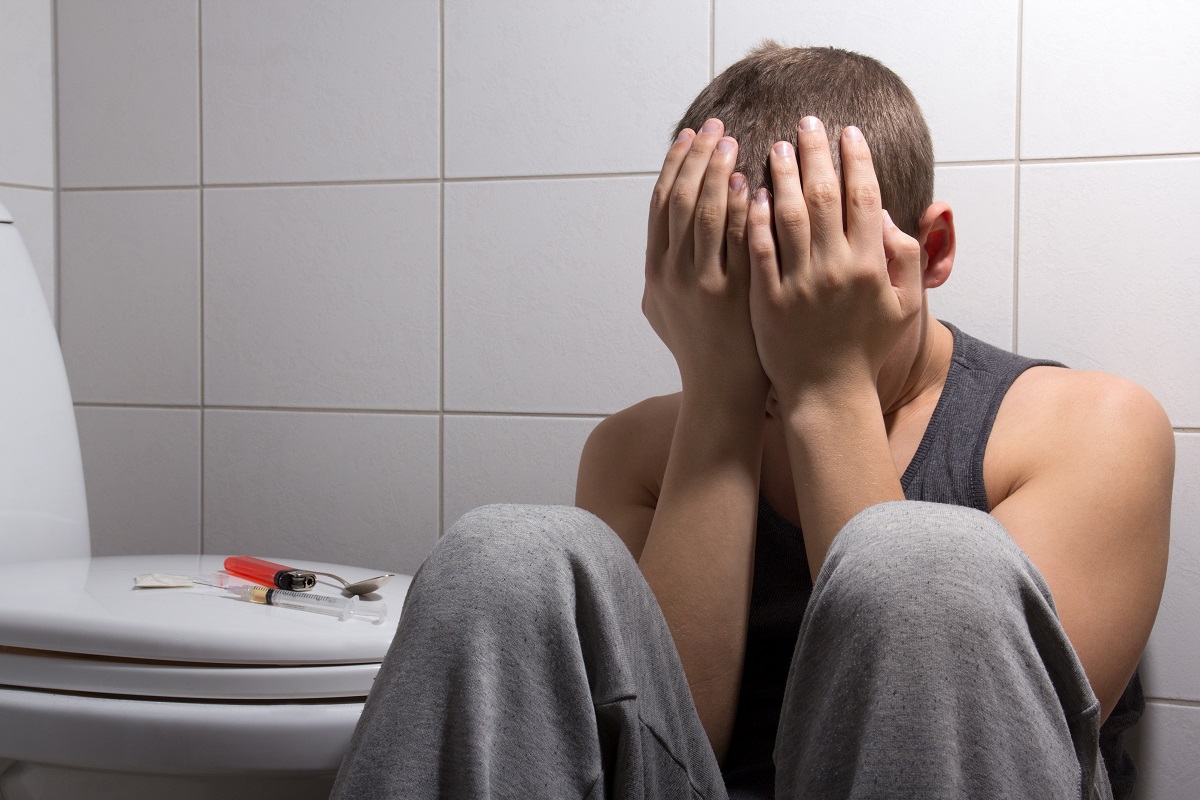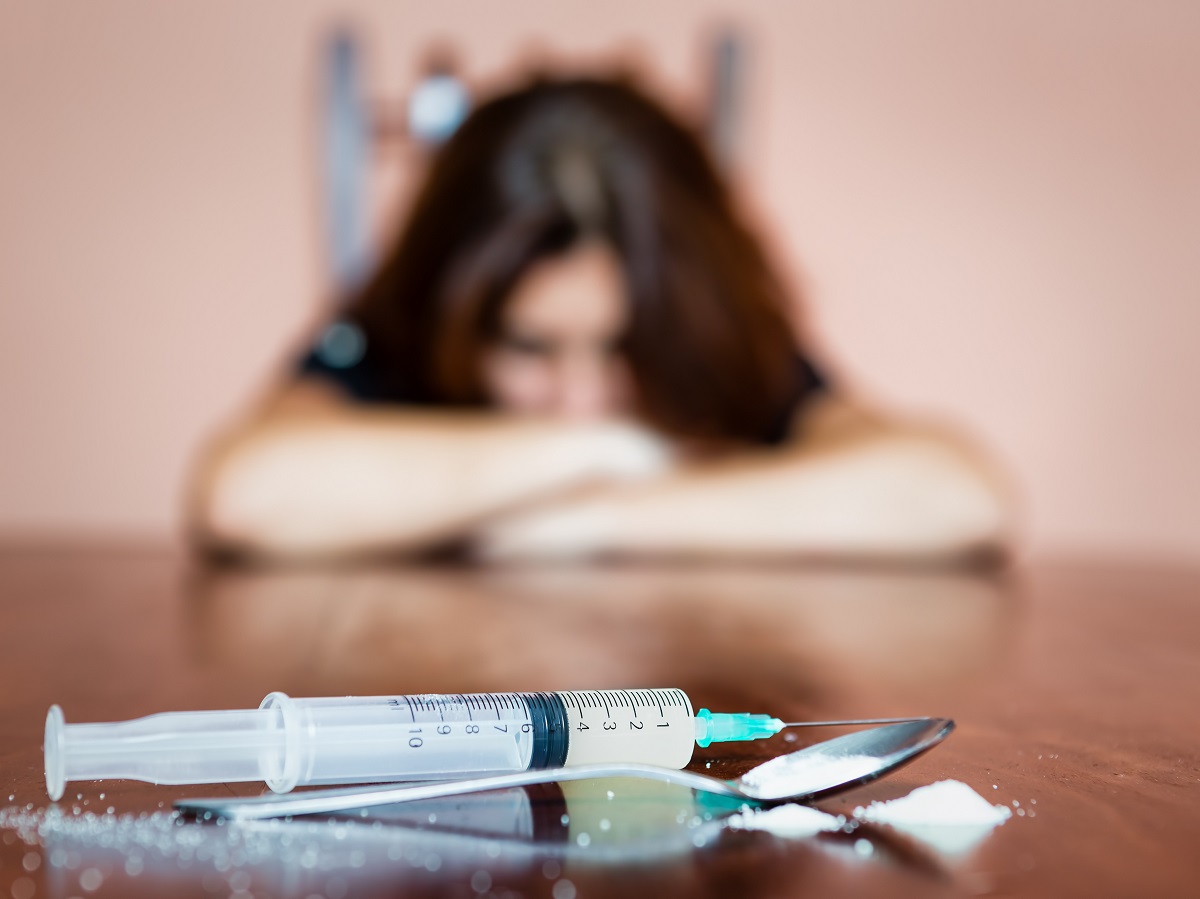The most difficult part of addiction treatment is learning how to cope with cravings and possible relapse. Recovering from any form of alcoholism or substance abuse is a long-term process. It’s easier within the protective cocoon that an in-patient addiction treatment centre offers. The challenge is coping with the inevitable cravings and possible triggers that come with a return to normal daily routines.
The possibility of a relapse is completely normal. Addictions change the way the brain thinks. It’s a chronic disease that provokes compulsive substance abuse tendencies. Therefore, even after months of getting the finest addiction treatment services, it is still possible to relapse.
In essence, it means you may abuse the addictive substance. The possibility of this happening offers dangerous consequences. This is why having a guide that helps you cope with cravings and addiction triggers is highly useful. In fact, it may be the difference between long-term sobriety and a relapse.
The first step to preventing relapse is to recognize triggers and learn how to manage addiction cravings. However, there’s more to it. There are certain steps people in recovery can take to prevent relapse. This comprehensive guide offers all the information you need to cope with addiction craving and possible triggers effectively. Come along!
What Are Addiction Cravings?
Some addiction treatment experts define cravings as unbearable withdrawal-like symptoms. They are correct. For starters, the seemingly unbearable nature of addiction cravings makes managing them a tough task. However, there’s more to it.
Addiction withdrawal is the brain’s knee jerk reaction to time without the addictive substance. During addiction, the brain gets dependent on the rush of dopamine that the substance produces. Therefore, without this feeling, it gets very “angry”. This is why withdrawal comes with severe side effects like nausea, anxiety, headaches and more.
Cravings are similar to the symptoms of addiction withdrawal. Even after months of in-patient addiction treatment, the brain won’t heal quickly. Therefore, it’s possible for those cravings to happen from time to time.
Addiction cravings manifest in the strong urge to indulge in the substance, whether pills, marijuana, alcohol or cocaine. The very nature of it is irrational.
This is why a high percentage of people give in to these feelings. Furthermore, it’s why many experts suggest attempting recovery with professional addiction treatment services. They can offer the support necessary to learn how to cope with cravings and avoid relapse.

What Causes Addiction Cravings?
Part of coping with addiction cravings and avoiding relapse is understanding where these feelings come from. Typically, they are the result of the brain’s response to triggers.
In addiction treatment, triggers are pesky reminders of substance abuse and indulgence. For instance, the smell of cocaine can be a trigger. Sometimes, watching people drink in a movie can be a reminder of your old drinking days. From sensory stimulants to emotional reactions, addictions triggers invariably lead to cravings.
Related article: Preventing Addiction Relapse
How to Cope With Addiction Cravings: Avoiding a Relapse
Learning how to manage addiction cravings is an essential life skill for recovering addicts. There are no two ways about it. Addiction cravings will come. And if they get too intense, you may end up giving in to them.
So to avoid relapse, here are some effective tips to manage addiction cravings:
Get a Support System
In this case, a support system is someone or persons that champion your goals of long-term sobriety. It may be friends or a romantic partner. Conversely, it can be an addiction treatment expert near you on speed dial.
Regardless of which it is, the important thing is that they support your cause. When addiction cravings come into play, contact them immediately.

Your support system will engage with you over the phone. If possible, they may come over. Whichever the case may be, they will distract you, taking your mind off the craving. In the same vein, they can talk you through the episode. A support system is crucial!
Talk Yourself Through It
Thanks to in-patient addiction treatment, it is possible to build positive affirmation skills. This tip to coping with addiction cravings involves saying certain things to yourself.
From expressions of self-love to reminders of why you quit the addiction in the first place, they can modify the way the mind thinks — at that moment.
With logic and reason, you can talk yourself out of a craving episode. To manage cravings better, prepare a list of things to say beforehand.
Cognitive Behavioral Therapy (CBT)
For those wondering what to expect from addiction treatment, this is one of its many facets. This tip to managing cravings and preventing relapse works using specific sensory organs.
It’s a three-step technique of distraction, visualization and redirection. To use CBT, start by redirecting your attention to something else. It may be a video game or a book.
Then, use visualization techniques to calm yourself. Most addiction treatment experts recommend focusing on things you can see, hear, smell and taste around you.

The combination of these steps distracts you from the craving. Instead of that bone-crushing feeling of “I won’t make it if I don’t use”, your mind wanders into more logical waters. This separation can help you get a grip and make the decision not to use.
It’s a pretty effective technique for managing addiction cravings. However, it’s one that you have to learn under the attention of addiction treatment experts.
Participate in a Hobby
We can make the case that a hobby, especially one of physical nature keeps the mind and body healthy. Of course, a healthy mind is a key to coping with relapse.
In addition, a hobby is important because it takes up time. For most addicts, drug use fills up the bulk of their time. With recovery, it means that you suddenly have long stretches where there is nothing to do.
In cases like this, a hobby helps you pass the time productively. Furthermore, it distracts the mind by providing an outlet. Some hobbies that can help you manage addiction cravings include:
- Gaming
- Hiking
- Fishing
- Cooking
- Sports
- Singing
- Yoga
Ride the Wave
Distracting yourself is not the only way to prevent a relapse. Another technique that answers how to cope with addiction cravings is to surf through the cravings. Rather than resisting it, this mindfulness technique teaches acceptance and logical thinking.
To ride the wave of craving, the first step is acknowledgement. Accept it with the resolve that it’s something to deal with. Then, deal with it.
To do this, sit and close your eyes. Then, one by one, analyze each thought about the temptation to use the addictive substance. Verbal acknowledgment has the effect of showing you that it’s just physical reactions. It helps you realize that cravings are not a mountain to scale.
Describe the thoughts coming through your mind. You can even say them out loud to yourself. Do the same for physical feelings like sweating, racing heartbeat etc.
Keep up with this and in a few minutes, you’ll realize that the cravings are gone. Most of the time, coping with addiction cravings is as easy as that!

Self Care
Loving yourself can provide the mental strength to deal with cravings when they arise. Activities like eating regularly, getting a massage, jogging and getting beauty treatment fall under self-care.
With self-care, you get confident in the knowledge that you are actually enjoying life without any drugs in the mix. This can give you the mental toughness to deny temptations and cravings.
Know Your Triggers
Earlier, we describe triggers as places, people or sensory feelings that make you want to use drugs. By knowing what they are, you can avoid them before they cause addiction cravings. This is vital to the process of learning how to cope with cravings.
A simple tip to preventing relapse is to create a trigger list. More importance, identify the ones that are avoidable like visiting a friend who uses. Avoidance is the best way to prevent addiction triggers.
However, there are unavoidable triggers. Emotional triggers such as stress and sadness may be impossible to circumvent. Here are some tips for managing these kinds of triggers.
- Discussing with a support system
- Feeling the emotions instead of trying to suppress them
- Practicing acts of generosity
- Spreading positive energy to those around you
Know your triggers. Avoid them. That’s how you manage addiction cravings and prevent a relapse.

Meditation
This tip to coping with addiction cravings works by calming the mind. Furthermore, it offers clarity of thought and self-awareness. With these two in play, it is easier to make positive decisions when cravings happen.
How Addiction Treatment Helps
Sometimes, it’s easy to feel like you can manage cravings and triggers on your own. However, it doesn’t always turn out that way.
Managing addiction cravings and triggers is easier with the help of professional addiction treatment services. Here at 1000 Islands Addiction Rehab & Treatment Centre , we can teach you how to manage cravings and help you prevent a relapse. Call 855-601-0555 to get started!
Related article: 8 Signs Of Addiction Relapse
